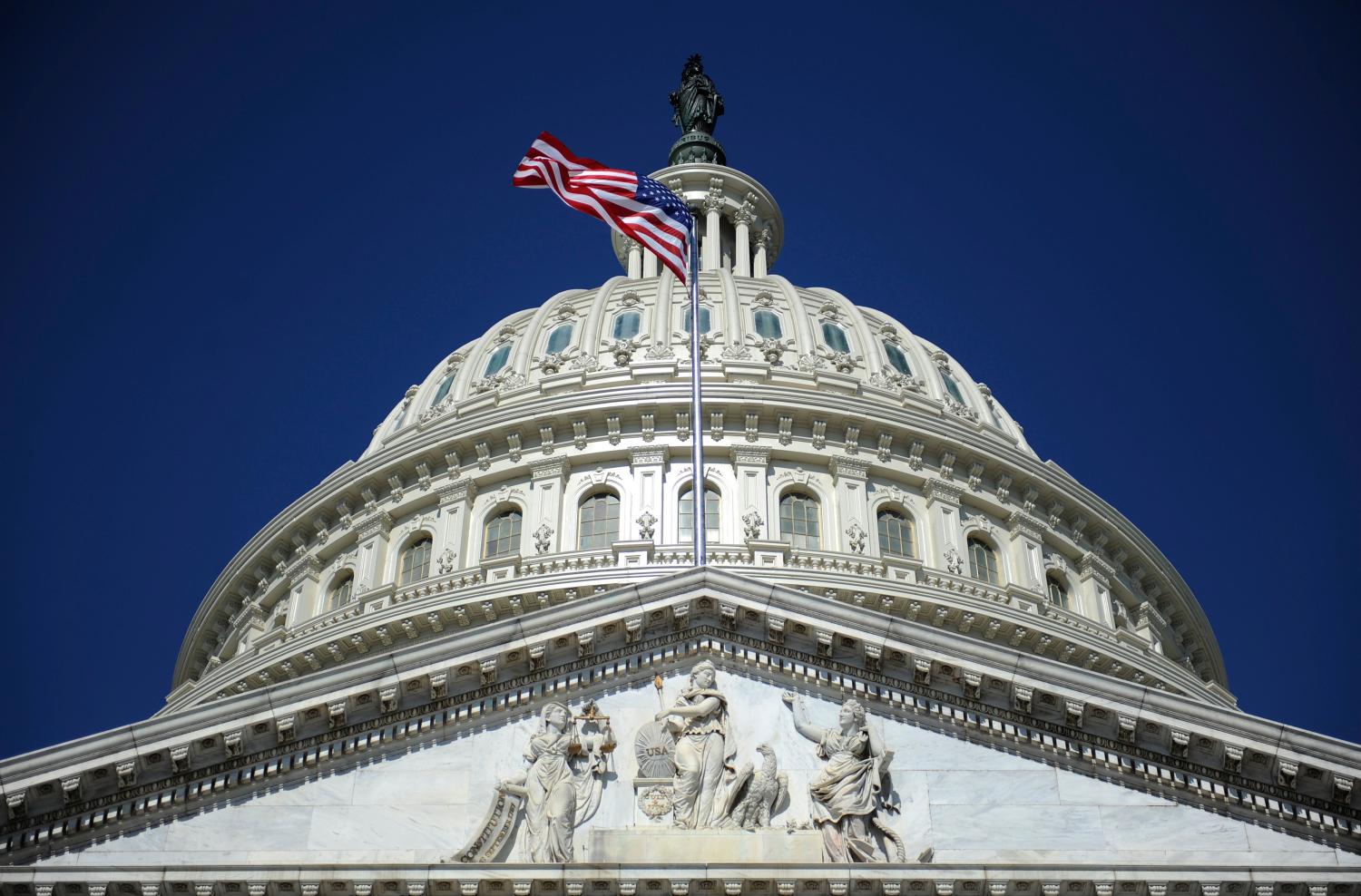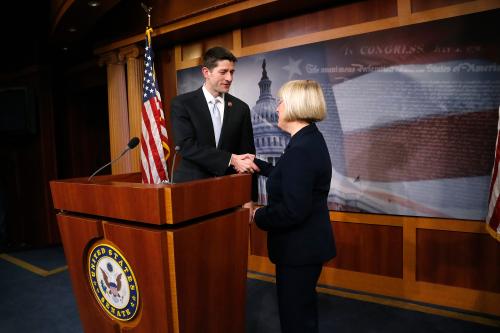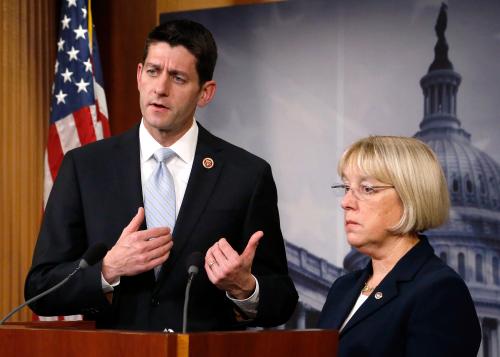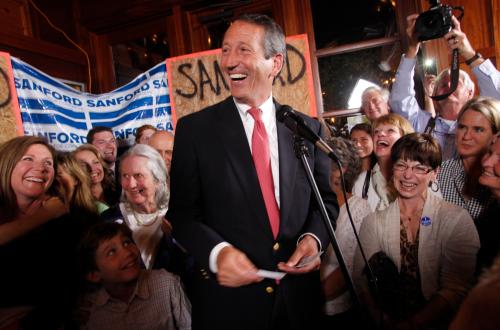In this second installment in the Profiles in Negotiations series, Jill Lawrence offers a detailed analysis of the congressional negotiations over how to fix the 2014 scheduling scandal at the U.S. Department of Veterans Affairs.
The law that President Obama signed in August was the product of two volatile rounds of negotiations—one featuring a pair of famously irascible senators, the other arguably the two oddest bedfellows in Congress, Lawrence writes. Improbably, the senator at the center of both of them was Bernie Sanders, then the chairman of the Senate Veterans Affairs Committee. The first round of negotiations starred Sanders and Sen. John McCain, the feisty Arizona Republican and Navy veteran who spent more than five years as a Vietnam prisoner of war. The second pitted Sanders against Rep. Jeff Miller, a small-government, low-taxes conservative from the religious, military-heavy north Florida panhandle.
And there you have it, Lawrence wryly observes, the perfect set-up for a two-act sitcom: The only self-proclaimed democratic socialist in Congress gets locked in a room with a top Senate conservative and they can’t come out until they agree on something. Then repeat with a top House conservative. But somehow, this odd arrangement worked.
Both the Sanders-McCain and Sanders-Miller negotiations were to a large extent a proxy for the two parties’ epic, long-running battle over the size and role of the federal government and, in particular, its involvement in health care, Lawrence states.
Furthermore, some of the conditions the American Political Science Association has identified as ideal for forging compromise were conspicuously absent. For a start, Sanders did not have personal relationships with McCain or Miller. Second, the negotiators were operating in a fast-moving crisis environment rife with opportunities for mistrust and misunderstanding. And third, the process was closely watched and occasionally explosive. At one point, the media reported that prospects for a deal had disintegrated.
But these negotiators nonetheless set an example for future dealmakers in the way they kept at it, no matter what obstacles arose. Meeting deadlines, political pressure, and a sense of duty prevailed in the end.
What other helpful factors contributed to this successful negotiation?
- A reliance on nonpartisan fact-finders. They weighed testimony and findings from victims, whistleblowers, inspectors and investigators from both inside and outside the VA. And though they were skeptical of the CBO cost projections, they took them into account in their deliberations
- Aides who had worked together on veterans issues for as long as 15 years. That was crucial to continuous communication, especially when communication broke down among the principals.
- A major “penalty default,” the term APSA uses for the idea that both sides must fear and dread the consequences of failure. The nation was riveted by the veterans scandal. People would have been disgusted had Congress done nothing to fix mistreatment of millions of heroes. And there was a hard deadline for avoiding such embarrassment, since lawmakers were headed home to campaign for re-election in early August.
The Brookings Institution is committed to quality, independence, and impact.
We are supported by a diverse array of funders. In line with our values and policies, each Brookings publication represents the sole views of its author(s).











